Acknowledgments
This book would never have been completed without the support, encouragement, and advice of many people over several years.
I am particularly indebted to those who have read sections of this work or work on which this was based and provided invaluable comments and suggestions, particularly Tony Badger, Jonathan Bell, Owen Dudley-Edwards, Patrick Flack, Hannah Greig, Nick Guyatt, Michael Heale, Andrew Hemingway, Fabian Hilfrich, Rhodri Jeffreys-Jones, Michael Kimmage, Nelson Lichtenstein, Robert Mason, Dan Matlin, James Patterson, Kirsten Phimister, Mark Roodhouse, Markku Ruotsila, Jonathan Sanders, Ben Schiller, Anthony Szynkaruk, John Thompson, Stephen Tuck, and the eagle-eyed Annette Wenda. At the University of Illinois Press, my particular thanks to Laurie Matheson and her fantastic team for their unwavering support, enthusiasm, and diligence.
I would also like to express my appreciation to the master and fellows of Trinity College, Cambridge; to my colleagues at York, who have provided such a productive and collegial environment in recent years; and to the fantastic students who have taken my various courses on countersubversion, antiradicalism, and anticommunism: a perpetual source of enthusiasm, not to mention unconscious guinea pigs for my ideas.
A researcher is naturally indebted to staff at archives, libraries, and research institutions, and though in this case there are too many to name individually, my particular thanks must go to the administrators of the various funds that have supported my research: including the Sara Norton Fund, Faculty of History, University of Cambridge; the Rouse Ball Research Fund Committee, Trinity College, University of Cambridge; the British Academy; the Gilder Lehrman Institute of American History, New York; and the Eccles Centre for North American Studies at the British Library, the last two granting me fellowships.
Finally, for providing friendship, assistance, references, dissent, tea, transport, conversation, and in certain instances something approaching a second home, huge thanks to Emily Critchley, Joe Crespino and his wonderful family, Steve Huot and Ana Maria Piedrahita, Robin Vandome and Lorna Cheyne, Kate Dossett, Jessica Gibbs, Ed Holberton, George Lewis, Chris Renwick, Mary Sarotte, and Sandra Scanlon. Anyone having written a book, especially one long in gestation, will know that it is not possible to do so without the forbearance of those around them. In my case, they certainly forbore, so thanks are due most of all to my dear friends in London, Cambridge, Leeds, Edinburgh, and elsewhere, and to my family.
Loyalty and Liberty
Introduction
The fear of subversion has been a persistent theme in the history of the United States of America. We most commonly associate it with the divisions, investigations, and accusations of the McCarthy era, but in the first half of the twentieth century warnings about the dangers of conspiracy were already being expressed with volume.
Yet the United States also witnessed sustained waves of opposition to political repression. Countersubversion was inherently problematic in a democratic regime, since it required surveillance, the centralization of power, censorship, propaganda, and controls over political advocacy as well as criminal action. These activities were deeply alien to American traditions of decentralized governance, and as a result countersubversives faced tenacious resistance. Although the clearest opposition came from the largely left-of-center civil liberties movement that emerged explicitly to challenge the politics of loyalty after World War I, radicals,
Although historians have generally sought to understand it solely in terms of authoritarian tendencies in American life, the history of countersubversion was therefore shaped by two powerful and often conflicting impulses: the desire to ensure, coercively if necessary, the commitment of the people to the nation, and the countervailing urge to preserve the freedoms that made the nation worth defending in the first placein short, between loyalty and liberty. Efforts to pass laws, build institutions, and launch campaigns against supposed subversive influences were viewed with ambivalence. Periods of repressive excess were followed by backlash and retrenchment, while memories and myths of past misdeeds endured to influence the present. Hailed as heroes in the moment, countersubversives were demonized in retrospect when their apocalyptic warnings did not come to pass, and as caricatures they served to strengthen resistance to the very policies they had advocated. In liberal histories written during the Cold War, countersubversion even came to exemplify a kind of psychosociological aberration. Unable to cope with modernity, countersubversives supposedly expressed a form of political hysteria or a paranoid style of politics out of tune with the rational, liberal norms of American society. To their critics, countersubversives had come to resemble the demons they claimed to be fighting.
In recent years, the analysis of countersubversion and related fields has been conducted on more measured terms. As Alan Brinkley and Leo D. Ribuffo point out, radical populists and their supporters in the Depression era voiced, however incoherently, meaningful concerns over the relationship between the individual and the state, the effect of industrialization, and the challenges of modern international relations that were often integrated into the mainstream either at the time or later. This book suggests such intellectual exchanges were particularly extensive in the interwar period due to the absence of clear ideological lines between the two major parties. This points us to a politics of countersubversion that was multiple, contested, and evolving. Ideas crossed political boundaries and were used to promote both continuity and change, a point that perhaps helps to explain why countersubversive politics can have exerted such influence even as the United States was dramatically expanding the reach of its democracy.
This book seeks to examine how conflicting impulses for loyalty and liberty shaped the politics of countersubversion between World War I and the McCarthy era. By examining the ways this intellectual problem manifested in various historical contexts, one uncovers a history of fits and starts rather than simple, linear progression: waves of growth in political policing followed by undercurrents of reform. Although there is much truth in Regin Schmidts assertion that the history of political surveillance in the interwar period was one of institution building and lawmaking, this was not a simple or unidirectional process. Importantly, the distinctive character of these institutions and laws was conditioned by American political culture. The contradictory effort to retain historic freedoms while simultaneously limiting them is what gave American countersubversion its distinctively American character: populist, legalistic (if not always legal), voluble, and partisan, rather than simply bureaucratic, dull, and authoritarian or militant and genocidal.

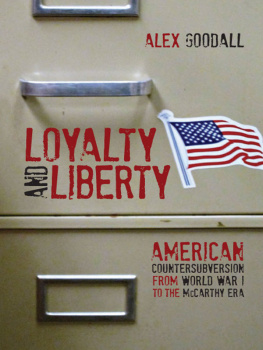

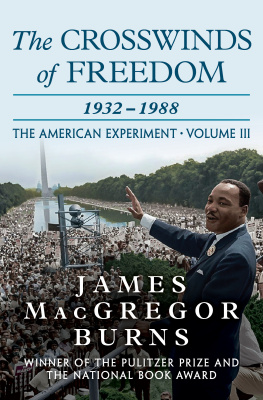
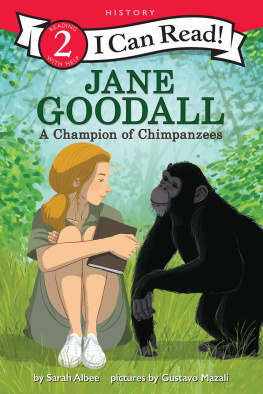
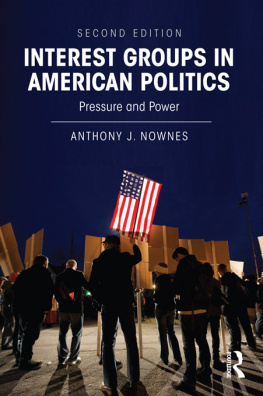
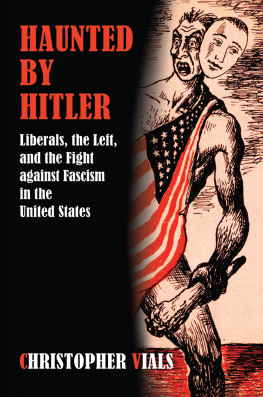
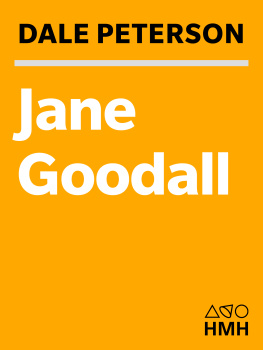

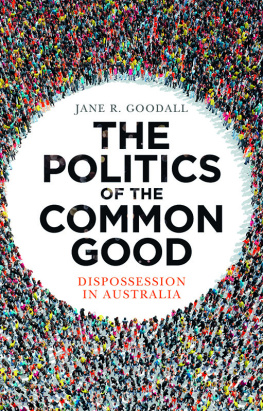
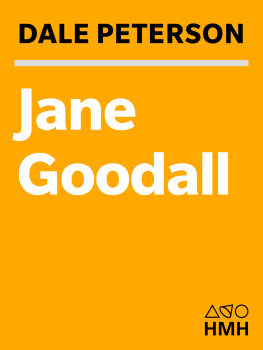
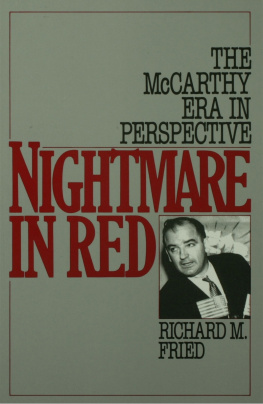
 This book is printed on acid-free paper.
This book is printed on acid-free paper.